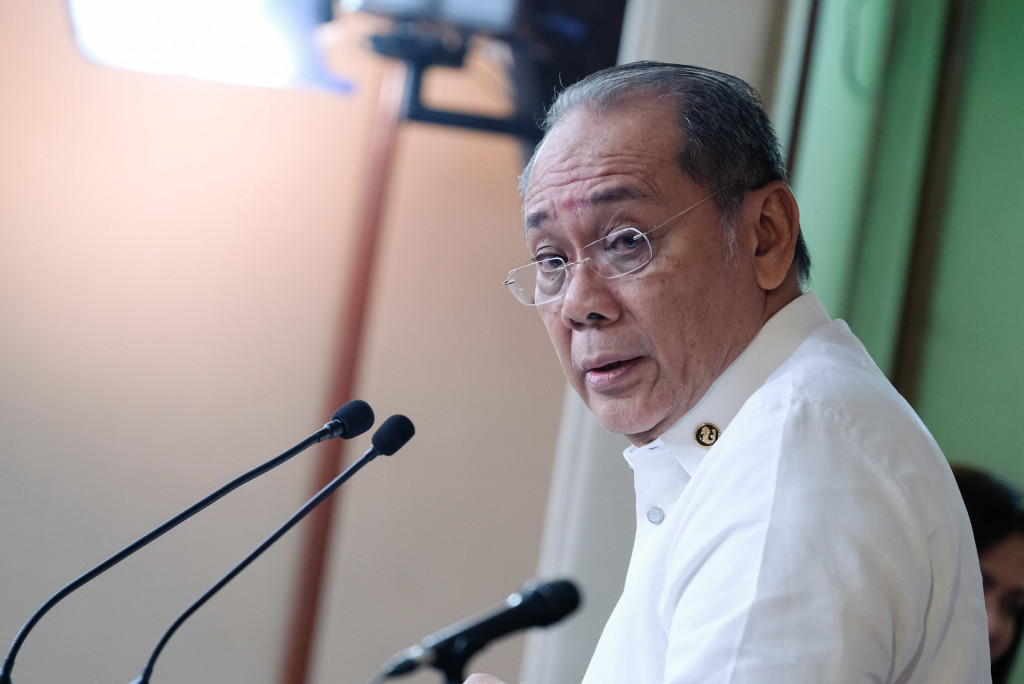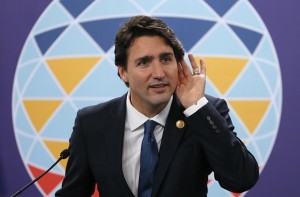
Presidential Spokesperson Ernesto Abella. KING RODRIGUEZ/ Presidential Photo
Malacañang on Monday justified the Philippines’ rejection of the 154 out of the 257 recommendations by the United Nations Human Rights Commission during the Universal Periodic Review (UPR) in Geneva.
Presidential Spokesperson Ernesto Abella said that this was part of the country’s prerogative to exercise its independent foreign policy.
“This is all part of our prerogative to exercise independent foreign policy,” Abella said in a Palace briefing.
Among the recommendations turned down by the Philippine government was Ghana’s recommendation to have United Nations special rapporteur on extrajudicial killings Agnes Callamard to come to the Philippines and investigate the killings amid the government’s brutal war on drugs.
“There are certain items that we feel — needs to be acted on and — in order to continue to maintain our constitutional stance of maintaining an independent foreign policy,” Abella said.
The Palace official, however, said there was no denial of the existence of extrajudicial killings in the Philippines even after the country rejected recommendations pertaining to the probe of alleged EJKs.
“There is no denial there. In fact, the UN has accepted what we’ve said. However, it’s just that, we maintain that there are certain parameters that need not be infringed upon,” he said.
Abella reiterated the government’s willingness to be investigated on the alleged human rights abuse under the Duterte administration.
“The President has also expressed again and again, he is even willing to host a contingent from the United Nations to be able to set up shop in the Philippines,” he said.
“What really matters is that the United Nations Human Rights Council has adopted the Philippine report recognizing the country’s human rights record and commitments under the leadership of President Duterte,” he added. /je


